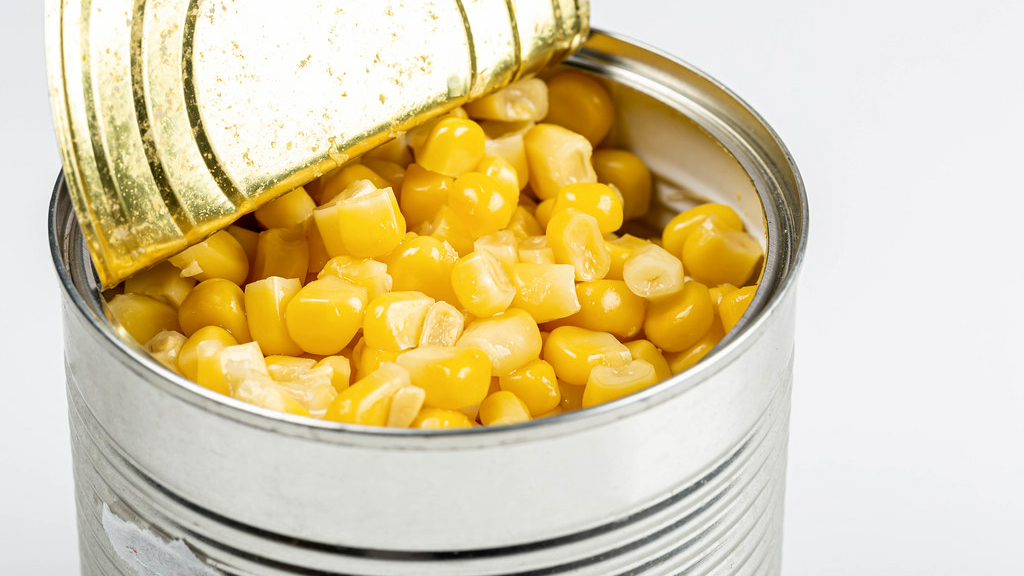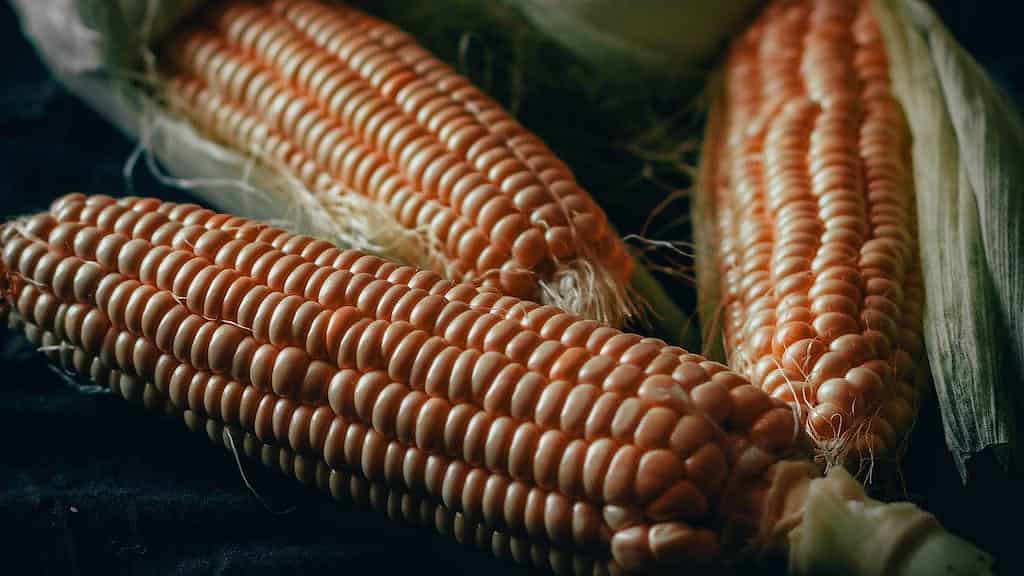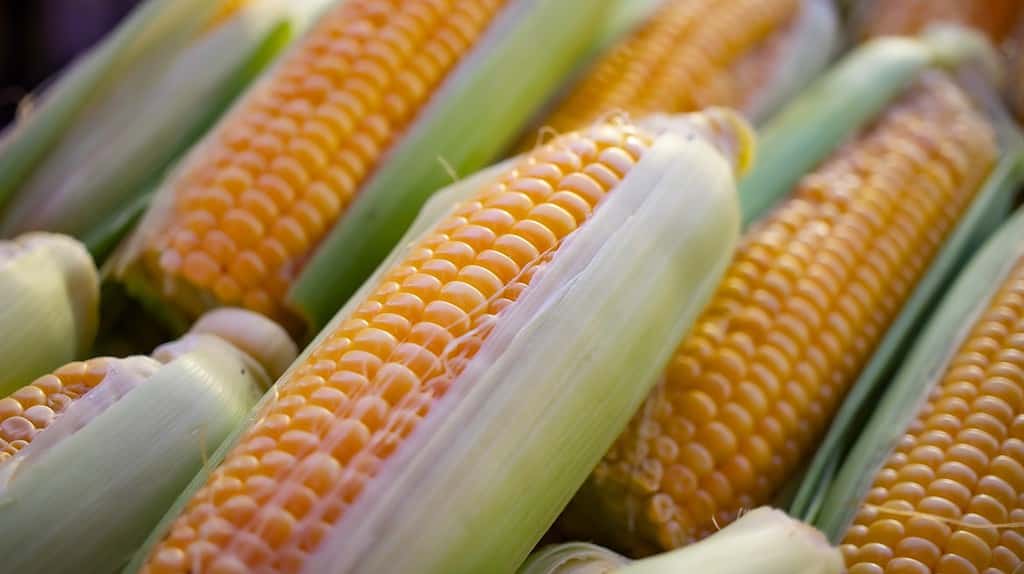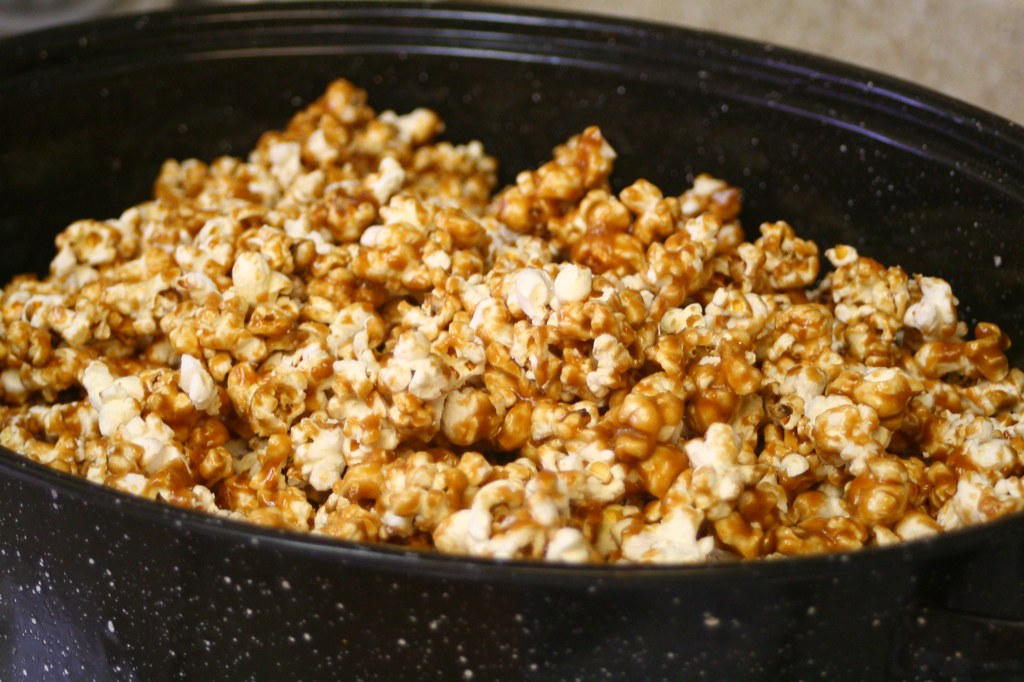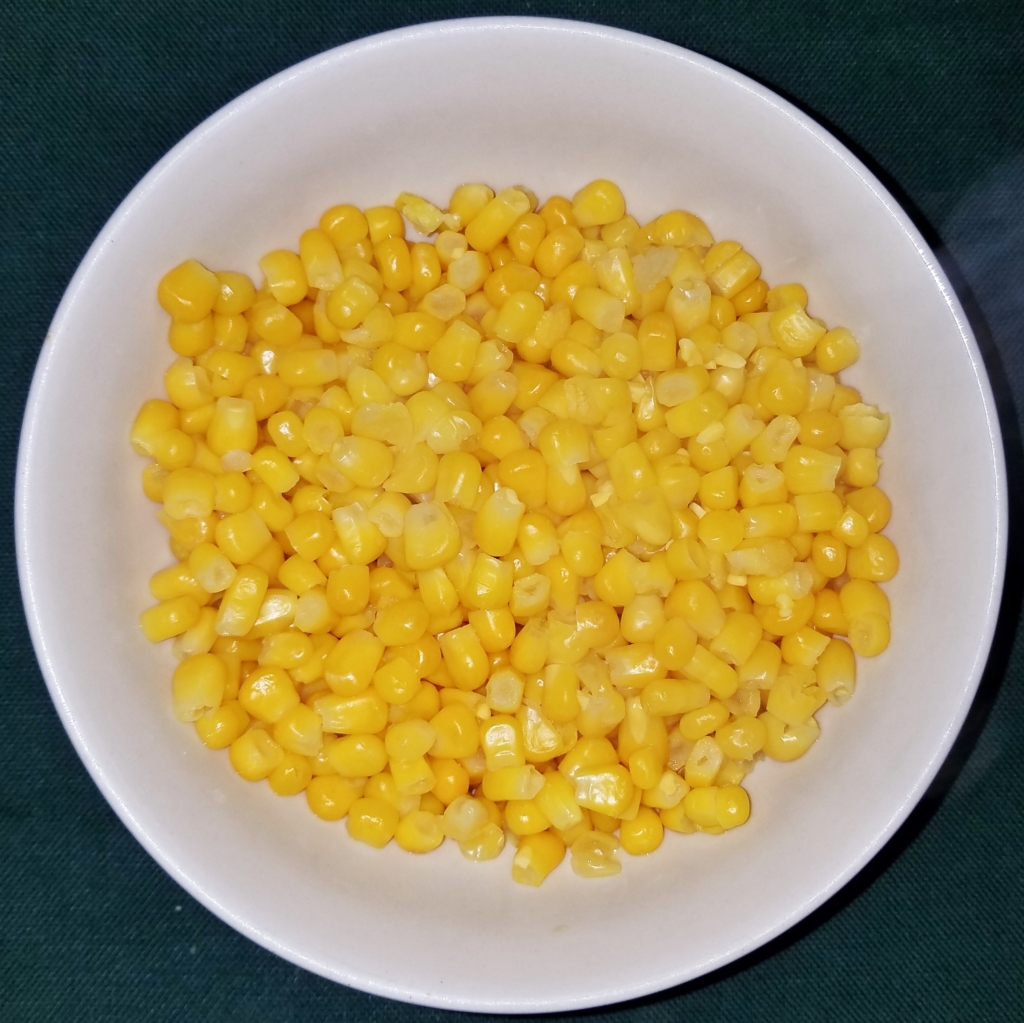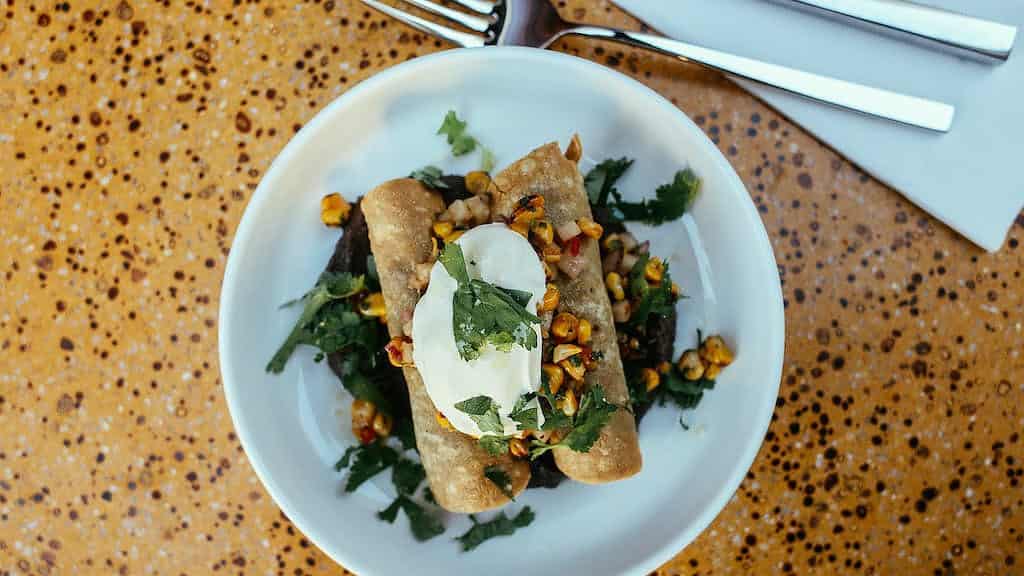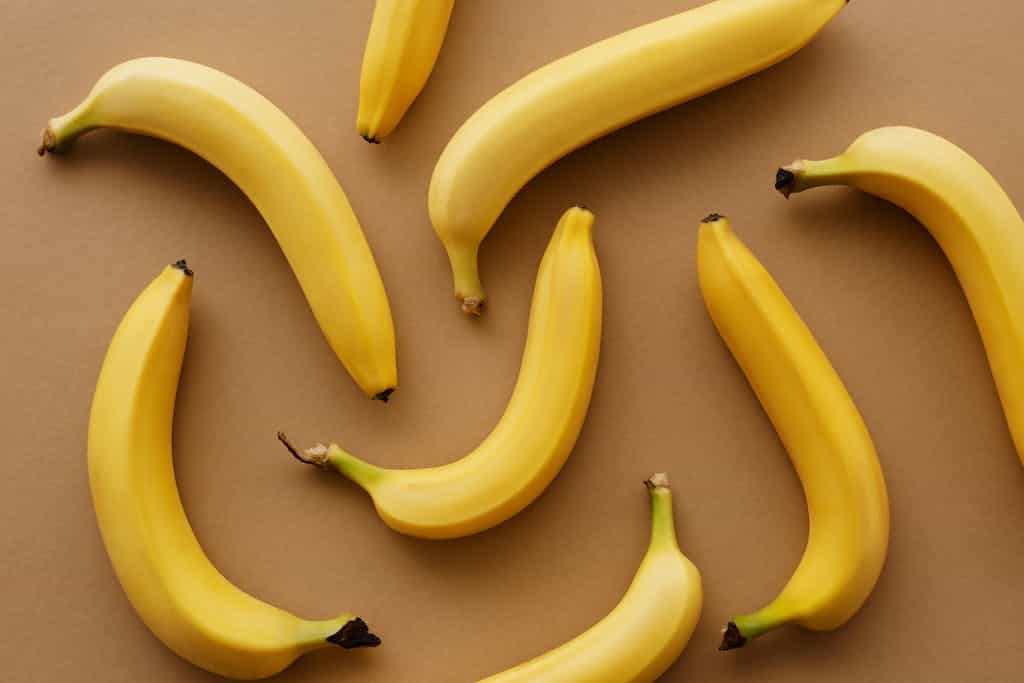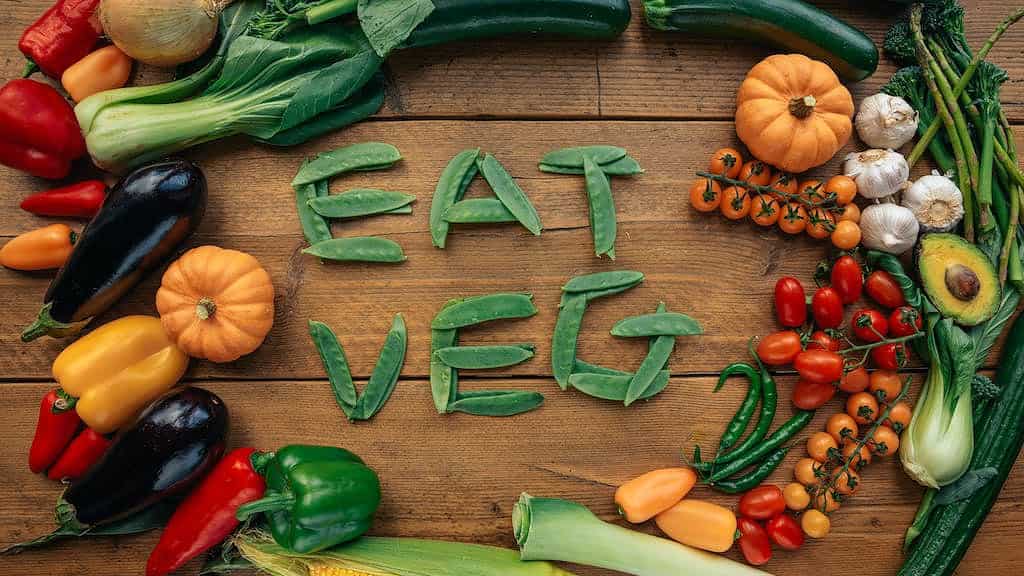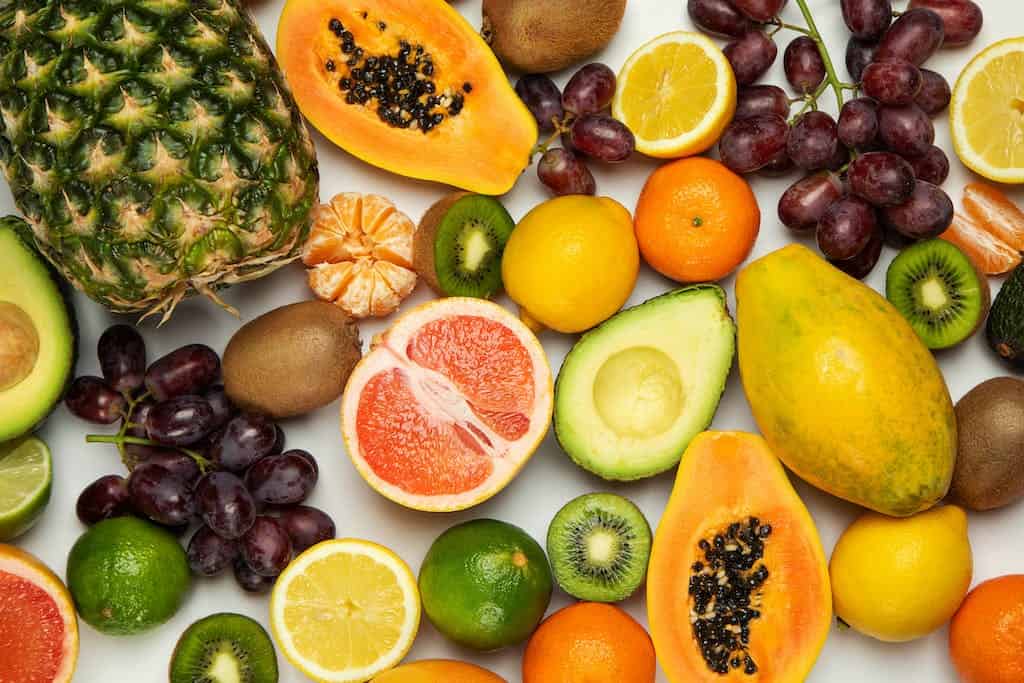Key Takeaways
- Dogs can eat corn from a can, but it should be given in moderation.
- Canned corn often contains additives, such as salt or preservatives, which can be harmful to dogs.
- It is best to feed dogs fresh or cooked corn without any seasoning or butter.
- Corn kernels can potentially pose a choking hazard for small dogs.
- Consulting with a veterinarian is recommended before introducing corn or any new food into your dog’s diet.
Summary
Yes, dogs can eat corn from a can, but it’s important to understand the potential risks and benefits. This article explores the topic in depth, discussing how corn can be a nutritious addition to a dog’s diet, but also highlighting the concerns related to canned corn, such as added preservatives and sodium levels. By reading the full article, readers will gain a comprehensive understanding of whether feeding canned corn to dogs is advisable, and how to do it in a safe and healthy manner for their furry friends.

Can Dogs Eat Corn from a Can?
Corn is often included in many commercial dog foods as a source of carbohydrates and fiber, and many dogs enjoy the taste and crunchy texture. However, when it comes to feeding your dog corn from a can meant for human consumption, you should exercise caution.
Dogs can eat corn in moderation as long as it is plain and not seasoned with any harmful ingredients like salt, garlic, or onion powder. Salt, for example, can lead to sodium poisoning in dogs, while seasonings like garlic and onion can be toxic to them. It is always best to opt for plain, unsalted corn if you decide to share a small amount with your furry friend.
The Benefits of Corn for Dogs
Corn is a good source of energy for dogs due to its high carbohydrate content. It provides easily digestible calories, making it an ideal option for active dogs who need a quick source of fuel. Additionally, corn is rich in dietary fiber, which promotes healthy digestion and can alleviate constipation in dogs. The fiber also aids in weight management by making dogs feel full, which can help prevent overeating.
Moreover, corn contains essential vitamins and minerals such as vitamin B complex, niacin, and folate, which contribute to your dog’s overall health. These nutrients support a strong immune system, enhance skin and coat condition, and support proper brain and nerve function.
Potential Risks and Considerations
While dogs can tolerate corn in small amounts, excessive consumption can lead to various issues. Corn is high in calories, and overfeeding it to your dog may contribute to weight gain and obesity. Furthermore, some dogs may have difficulty digesting corn, leading to gastrointestinal upset, including bloating, gas, and diarrhea. If your pup exhibits any adverse reactions after consuming corn, it’s best to avoid feeding it to them in the future.
It’s worth noting that the cob of the corn should never be given to dogs. The cob poses a choking hazard, and if ingested, it can cause blockages in the digestive tract, leading to a potentially life-threatening situation. Always remove the kernels from the cob before offering corn to your canine companion.
Alternatives to Corn
If you prefer to avoid feeding your dog corn or if they have specific dietary restrictions, there are several healthy alternatives you can consider. Some suitable alternatives include carrots, peas, and green beans. These vegetables are low in calories, provide essential nutrients, and are generally safe for dogs to consume. However, always introduce new foods gradually and monitor your dog for any adverse reactions, especially if they have food sensitivities or allergies.
Feeding Corn to Dogs Responsibly
If you decide to feed your dog corn from a can, it’s essential to do so responsibly. Opt for plain corn without any added seasonings, and only offer small amounts as an occasional treat. Remember that corn should not replace your dog’s regular balanced diet, but rather be viewed as a supplemental addition. Observe your dog for any negative reactions or digestive issues after incorporating corn into their diet, and consult your veterinarian if you have any concerns.
Quick Recap
In summary, dogs can eat corn from a can as long as it is plain, unsalted, and offered in moderation. Corn can provide dogs with energy, fiber, and essential nutrients, but it should never replace their balanced diet. Be aware of potential risks such as weight gain and digestive upset, and always remove the cob before feeding corn to your dog. If your pup experiences any adverse reactions, it’s best to avoid corn in the future and explore alternative vegetables as healthy treats.
Recipes and Alternatives to corn from a can for dogs
Corn from a can is not recommended for dogs as it can be difficult for them to digest and may cause digestive issues. It is best to avoid feeding corn to dogs and opt for alternative foods that are safe and beneficial for their health.
Frequently Asked Questions – Can Dogs Eat Corn from a Can?
Here are some common questions and answers regarding whether dogs can safely consume corn from a can:
1. Is canned corn safe for dogs to eat?
While small amounts of plain canned corn might not be harmful to most dogs, it is not an ideal food choice for them. Corn is not easily digestible for dogs, and it may cause digestive issues like gas, bloating, or even diarrhea.
2. Can dogs eat corn kernels from a can?
Dogs can eat cooked corn kernels in moderation, as long as they are plain and free from any seasoning, additives, or butter. However, it is important to remember that corn should not be a staple part of a dog’s diet.
3. Are there any benefits to feeding dogs canned corn?
Corn does offer some nutritional value, such as being a source of fiber, vitamins, and minerals. However, dogs have different nutritional requirements than humans, and there are better options available to fulfill their dietary needs.
4. What are the potential risks of feeding dogs corn from a can?
One of the main concerns with feeding dogs corn is the potential for allergic reactions. Some dogs may be allergic or sensitive to corn, which can lead to symptoms like itching, skin rashes, or gastrointestinal problems. Additionally, the high carbohydrate content in corn can contribute to weight gain or other health issues, such as diabetes.
5. Can dogs eat creamed corn from a can?
Creamed corn typically contains additional ingredients like milk, butter, or salt, which are not recommended for dogs. These additives can be harmful or cause digestive upset in dogs. It is best to avoid feeding creamed corn to your canine companion.
6. What are some healthier alternatives to canned corn for dogs?
If you’d like to offer your dog a similar type of vegetable, there are safer options available. Steamed or boiled plain green beans or peas can be a healthier alternative to corn. They are low in calories and high in fiber, providing some nutritional benefits without the potential drawbacks.
7. How should I introduce corn to my dog’s diet?
If you decide to introduce corn into your dog’s diet, it is crucial to do so gradually and in small quantities. Carefully observe your dog for any signs of digestive issues or allergic reactions. If your dog shows any adverse symptoms, discontinue feeding them corn immediately.
8. Should I consult a veterinarian before feeding corn to my dog?
It is always a good idea to consult with your veterinarian before making any significant changes to your dog’s diet. They can provide personalized advice based on your dog’s specific needs, health condition, and any existing dietary restrictions or allergies.
Remember, the dietary requirements of dogs can vary, and what works for one dog may not work for another. Providing a balanced and appropriate diet for your furry friend is essential for their overall health and well-being.
Disclaimer: This FAQ does not constitute professional veterinary advice. If you have any concerns or questions about your dog’s diet, please consult a qualified veterinarian.
Conclusion
After considering the facts and expert opinions, it is generally safe for dogs to eat corn from a can, but with certain precautions. While corn itself is not toxic to dogs, canned corn may contain added salt and preservatives that can be harmful in large quantities. It is recommended to opt for fresh or frozen corn without any added ingredients, as a healthier alternative for your furry friend. Additionally, it’s essential to avoid feeding dogs corn on the cob, as it poses a choking hazard and can cause intestinal blockages. As always, it is crucial to consult with your veterinarian to ensure your dog’s individual dietary needs are met and to address any specific concerns.
📚 Sources:
